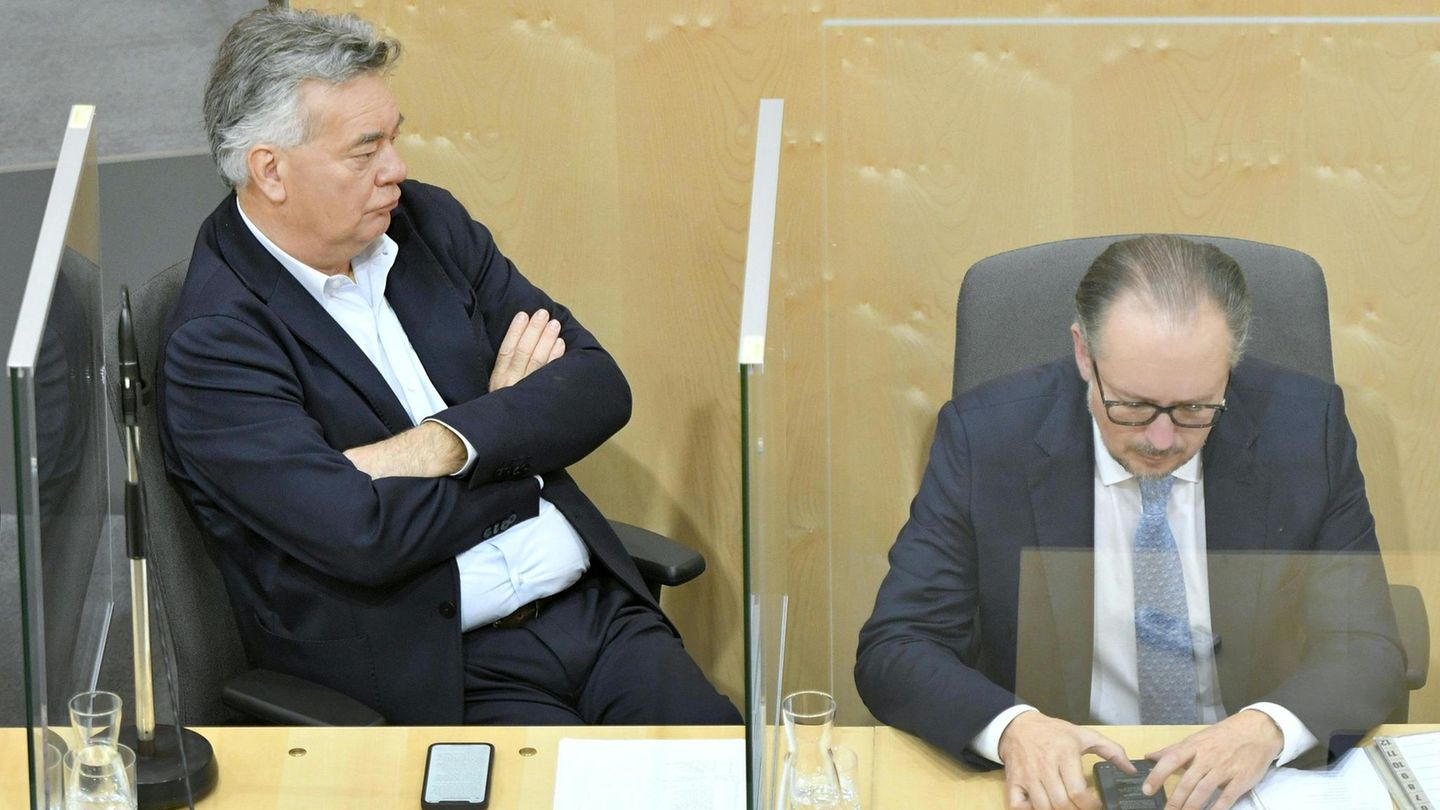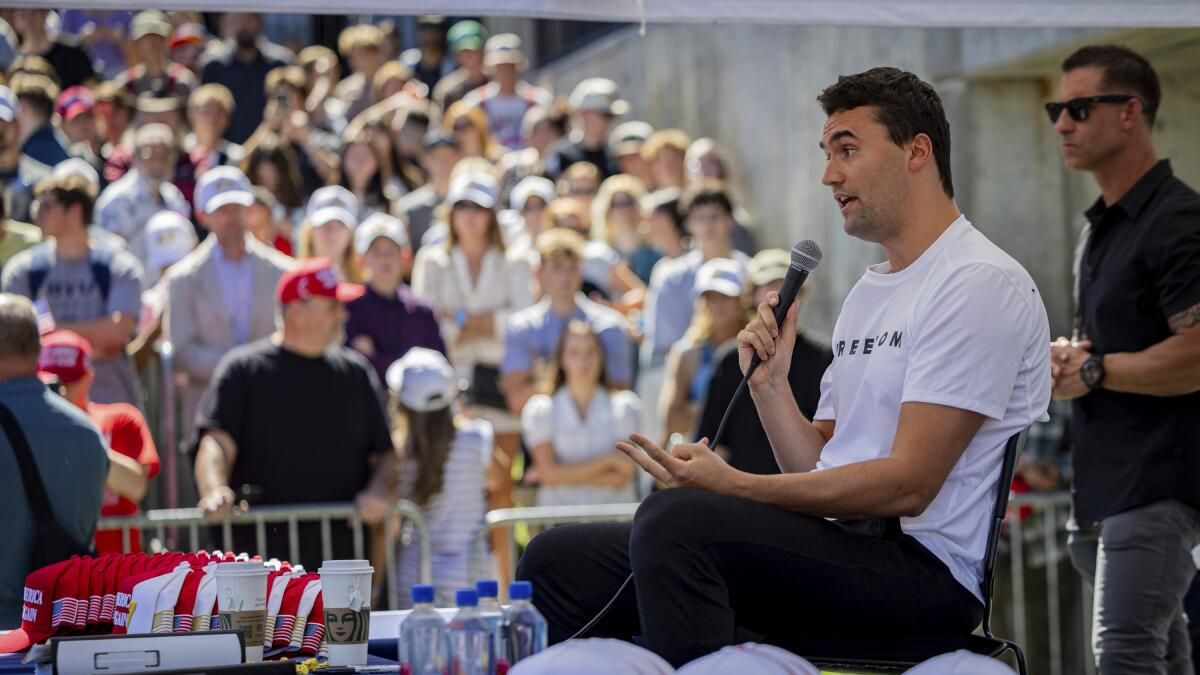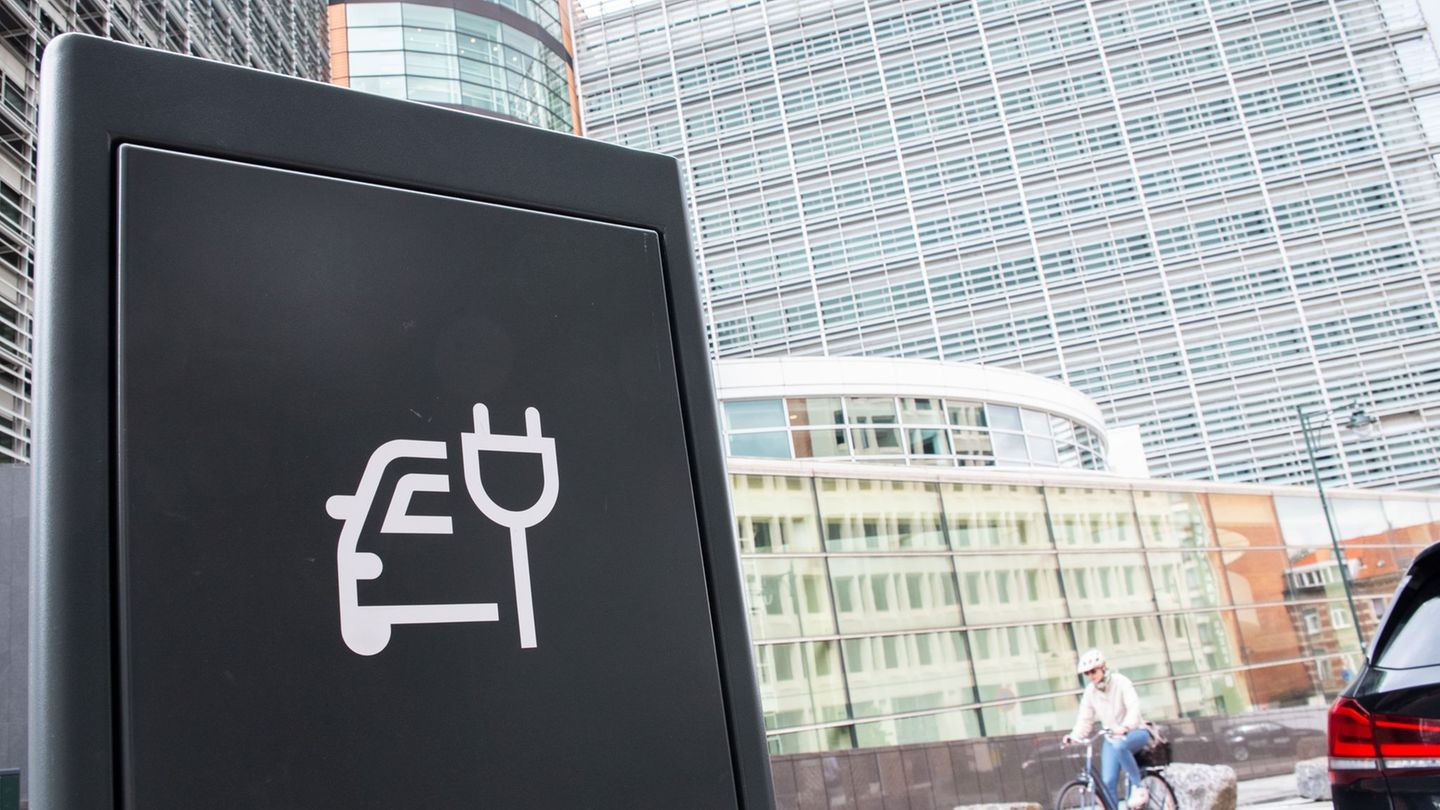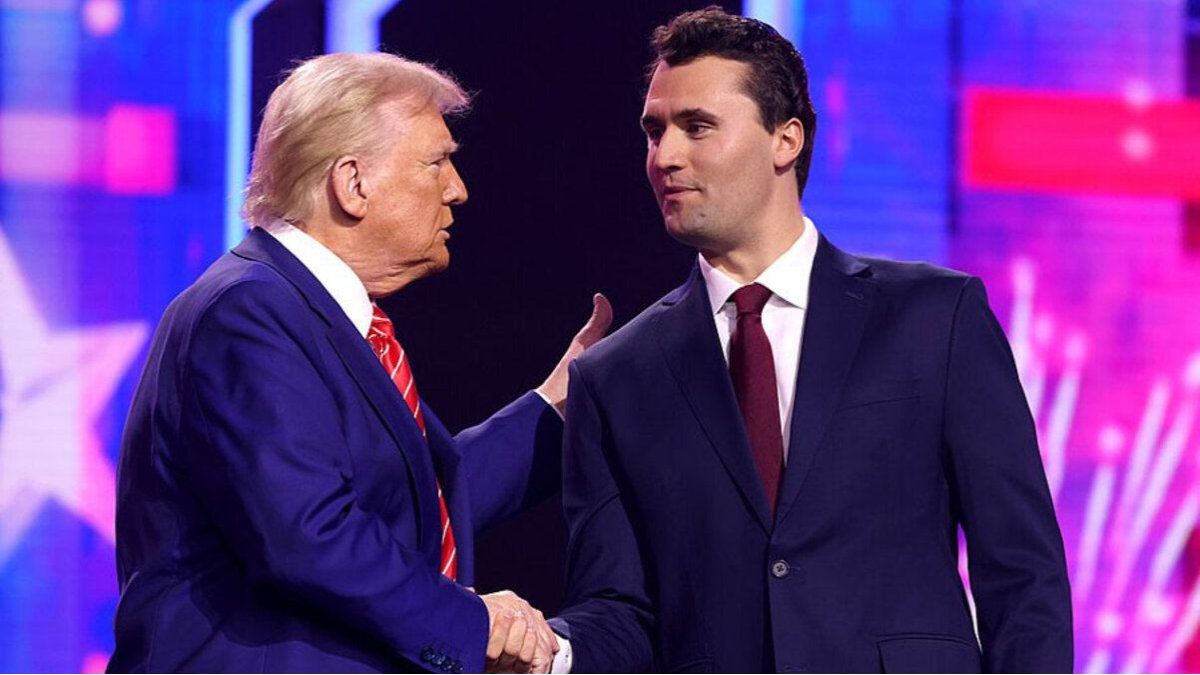To analyse
Sebastian Kurz’s half-resignation could be seen as a victory for the Greens – or as a clever move by the conservative coalition partner. That doesn’t change the result, the government has been saved – at least for the time being. Will the alliance last until 2024?
The new Austrian Chancellor Alexander Schallenberg (ÖVP) described the relationship between the coalition partners as volatile in an interview with “Standard”. He wanted to meet with Vice Chancellor Werner Kogler (Greens) after the national holiday on October 26th at a get-together to “bring this collegial body back together” and to restore basic trust between the two governing parties. Is a get-together enough? Probably not.
The “advertisement affair” shakes the relationship between the two coalition partners. Former Chancellor Sebastian Kurz had unceremoniously declared the Greens to be “incapacitated” after the person who had come into office came out. The Greens then demanded an “impeccable person” as Chancellor. Otherwise the previous government work would be terminated. Because neither the ÖVP nor the then Chancellor Kurz made any effort to meet the demands of the coalition partner, he was already looking for new allies. For a short time, the country faced a temporary government of experts under the Greens, SPÖ, Neos and the FPÖ. After that there would have been new elections.
But suddenly Kurz announced his sideways step – from federal to shadow chancellor. Even if he and his successor deny that, the fact that Kurz remains in the political business as party and parliamentary group chairman and Alexander Schallenberg becomes Federal Chancellor speaks in favor of this thesis. The statements by Schallenberg that he will continue to work closely with Kurz suggest something similar.
“Government with an expiration date”?
The Greens can therefore only partially count the resignation as a success of their own. Kurz is no longer Chancellor, but remains at the head of the coalition partner and has given the Chancellery to a companion. The fact that the Greens continue to form a coalition with the ÖVP also calls into question their intentions to govern with other parties. The clear announcement to form an expert government with the FPÖ – the party that had already put an end to the last government – only looks like an empty threat in retrospect.
It almost seems as if the Greens are clinging to the turquoise coalition partner. You can’t blame them at the moment. If the government was facing a crisis in the last week and a half, the Greens are now riding on a small wave of success. It started with the climate ticket, it continued with the CO2 pricing and now they have pushed the Chancellor from the throne – or at least made a contribution to the change in personnel.
How long this alliance will last is still questionable. In an interview with the “Standard”, the new Chancellor Alexander Schallenberg repeatedly emphasized that the cracks between the coalition partners had to be filled. So it still seems serious. The leader of the SPÖ had last dubbed the alliance as a “government with an expiration date”.
Rescue the coalition at their own expense
Whether the government will remain in place until the actual elections in 2024 depends above all on the Greens. At the moment everything indicates that Schallenberg will continue the course of his predecessor. Viewed optimistically, the work could continue to be seen as a “rare example of cooperation” between two parties with different content, as “Zeit” recently did.
Realistically speaking, the continuation of government work is likely to mean further cuts for the Greens. In 2020 they buckled when it came to human rights when it came to accepting refugees from Moria. The Neos had called for the evacuation, while the Greens joined the ÖVP and voted against the request. The Austrian media rightly write of the “humiliation of the Greens” – a party that likes to position itself as an advocate of human rights.
If the party had supported the Neos proposal, one would have risked a break in the coalition, the parliamentary group leader Petra Maurer opposed at the time. So rescue the coalition at your own expense? That could be the case again now – if the ÖVP pulls itself together. Because it is clear that the Greens are partly to blame for Sebastian Kurz’s departure. In view of the relationship between Schallenberg and Kurz and any desire for revenge on the part of the former chancellor, it cannot be ruled out that projects by the Greens from the ranks of the ÖVP could be torpedoed.
Warning to the Greens
Should it come to that, the Greens could look around again for other coalition partners – and carry out their threat from last time. The cooperation is therefore still “no guarantee of success”, as Schallenberg said, but remains a “mammoth task”. “There is a government program, and it is now my job to bring the whole thing back into calm waters,” said Schallenberg, presenting himself as a binding and responsible coalition partner.
His efforts to repair the rift between the parties, however, do not come without a note that makes one sit up and take notice. “If one of us stomps, the ice breaks, then we are all in cold water.” A warning to the Greens? In the end, having the government on the conscience after Sebastian Kurz stepped aside to save the coalition – according to the ÖVP’s narrative – the Greens will probably not want to be accused either.
David William is a talented author who has made a name for himself in the world of writing. He is a professional author who writes on a wide range of topics, from general interest to opinion news. David is currently working as a writer at 24 hours worlds where he brings his unique perspective and in-depth research to his articles, making them both informative and engaging.




